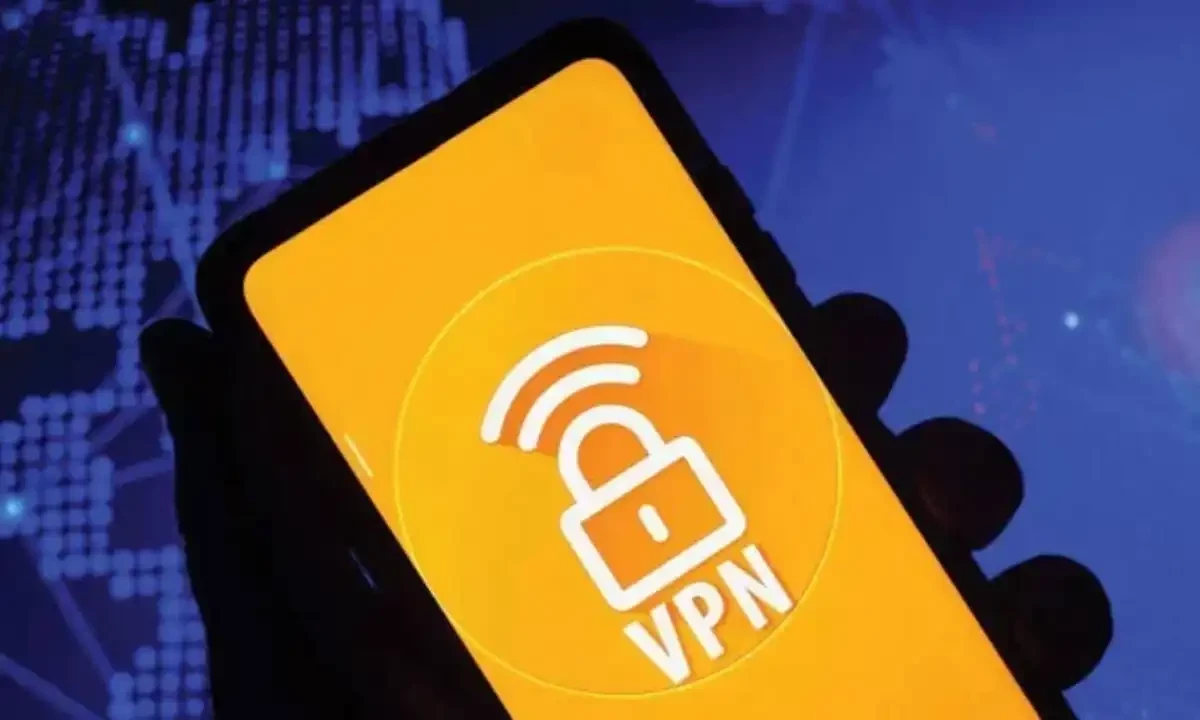The Pakistan Telecommunication Authority (PTA) has recently intensified its efforts to block illegal virtual private networks (VPNs) and suspicious websites in Pakistan, citing heightened concerns over national security. According to PTA sources, these unregistered VPNs are being exploited by terrorist groups to mask their identities while spreading propaganda, misinformation, and other harmful content online.
PTA has been actively identifying and blocking accounts associated with these illicit VPNs to mitigate their misuse. The regulator’s recent forensic investigations have led to the identification of several culprits using VPNs to bypass digital restrictions and hide malicious activities. PTA’s targeted efforts are focused on curbing the spread of harmful content that could mislead the public or compromise national security.
The Scale of PTA’s Campaign Against Illicit VPNs and Websites
From 2018 to 2024, the PTA has successfully blocked over 100,000 URLs with blasphemous content and restricted access to more than 844,000 websites featuring pornographic material. Despite these measures, around 20 million attempts are made daily to access pornographic websites within Pakistan, with many users relying on VPNs to bypass content restrictions. To further enhance security, PTA has implemented a verification process to detect and prevent the misuse of unregistered VPNs, while continuing to monitor URLs spreading offensive content.
Government Figures and the Use of VPNs
Interestingly, despite PTA’s active efforts against unauthorized VPNs, some high-profile government officials, including Prime Minister Shehbaz Sharif, reportedly still rely on VPNs to access restricted apps like X (formerly Twitter). This has brought to light the challenges of balancing national security with the accessibility of digital platforms for communication.
Strengthening Digital Security and Censorship Measures
PTA has already blocked a substantial number of illegal URLs linked to immoral content, following extensive forensic assessments. Sources within PTA assert that disabling uncertified VPNs is essential for combating the spread of harmful content, stopping terrorist activity, and reinforcing national security. As PTA’s campaign intensifies, further scrutiny of suspicious VPN accounts is underway, reflecting a determined stance on digital safety and online content control.
The regulatory authority’s ongoing efforts underscore the importance of controlling unauthorized VPN access to ensure that the internet remains a safer space for Pakistani citizens and to prevent its misuse by bad actors.
Upcoming Tours and Squad Details
Pakistan’s white-ball tour kicks off with an ODI and T20I series against Australia, followed by a similar series in Zimbabwe. Rizwan will be part of the ODI squad for both tours and will captain the T20I squad in Australia. However, he will not participate in the T20I series in Zimbabwe, where Salman Ali Agha will take the helm in his absence.
With national security and public safety at stake, PTA’s intensified approach to blocking unregistered VPNs and illegal websites represents a significant step toward curbing harmful online activity in Pakistan. While digital censorship remains a contentious topic, PTA’s focus on controlling illicit VPN usage aims to secure the online landscape against those exploiting it for malicious purposes.



